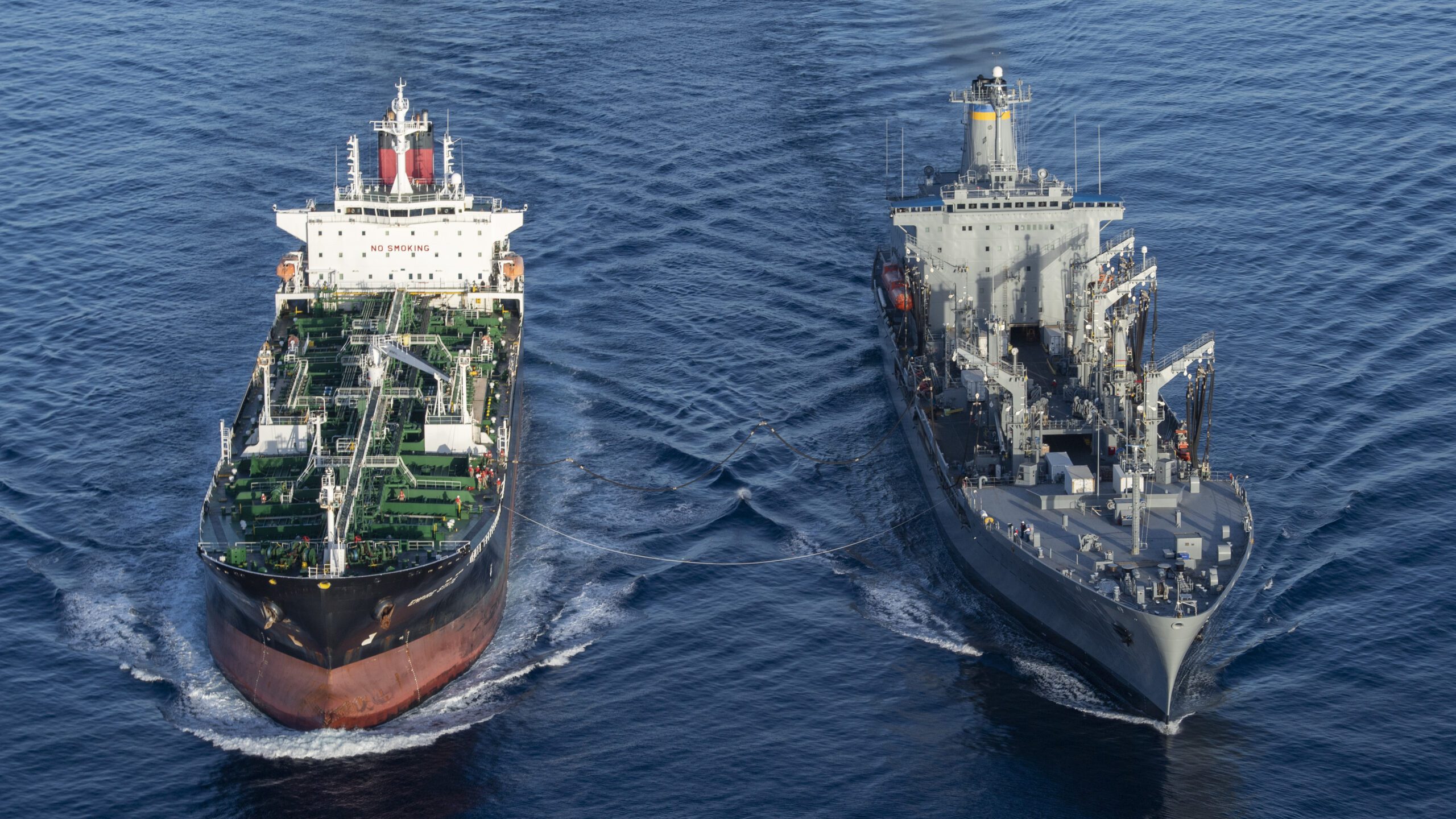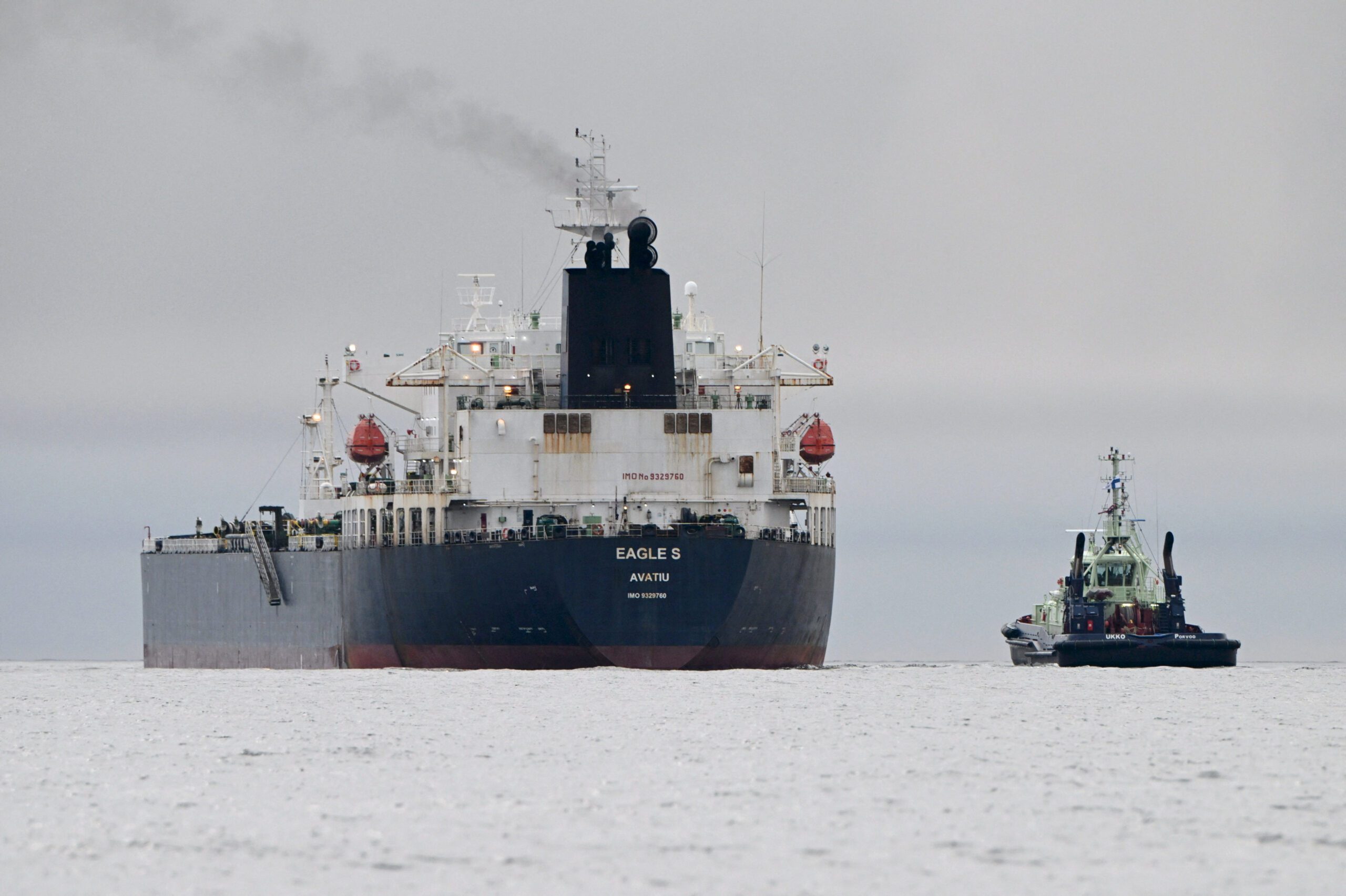A new report released today by the Open Markets Institute paints a dire picture of America’s diminishing maritime capabilities, highlighting unprecedented risks to national security and economic independence.
Transportation policy analyst Arnav Rao’s report, “Charting a New Course: Steering U.S. Maritime Policy Towards Security and Prosperity,” reveals startling statistics: while 80% of U.S. international trade by weight travels by sea and 90% of military equipment relies on maritime transport, the United States produces a mere 0.13% of the world’s large commercial vessels.
Meanwhile, China has secured dominance over maritime logistics, manufacturing 60% of new ships and controlling crucial aspects including container production and port crane manufacturing.
The situation has already begun impacting military readiness. In 2024, the Navy had to sideline 17 support vessels due to crew shortages. More concerning still, the U.S. currently has access to fewer than 15 fuel tankers, despite requiring over 100 for any major Pacific conflict.
According to the report, the roots of this crisis trace back to the 1980s, when deregulatory policies dismantled the framework that treated ocean shipping as a public utility. This shift enabled foreign-owned carrier cartels to dominate shipping lanes and marginalize U.S.-flag carriers.
The COVID-19 pandemic exposed these vulnerabilities when foreign shipping alliances rejected hundreds of millions of dollars’ worth of U.S. agricultural exports, preferring to return empty containers to China for more profitable cargo opportunities.
“This is not just a matter of investment or tariffs,” Rao stresses. “What we need is a return to a public-interest model—one where government regulates ocean shipping to serve national and economic needs, just as we did successfully throughout much of the 20th century.”
The report advocates for comprehensive reform, including renewed public investment in shipbuilding and infrastructure, strengthened fair-market rules under the Federal Maritime Commission, and enhanced antitrust enforcement to counter foreign shipping cartels.
While such reforms might initially increase some shipping costs, the report argues that long-term benefits—including enhanced national security and economic independence—far outweigh short-term expenses. Public investment could help U.S. shipyards compete with heavily subsidized facilities in Asia, while fair market rules could foster innovation and efficiency in ocean shipping.

 Join The Club
Join The Club











